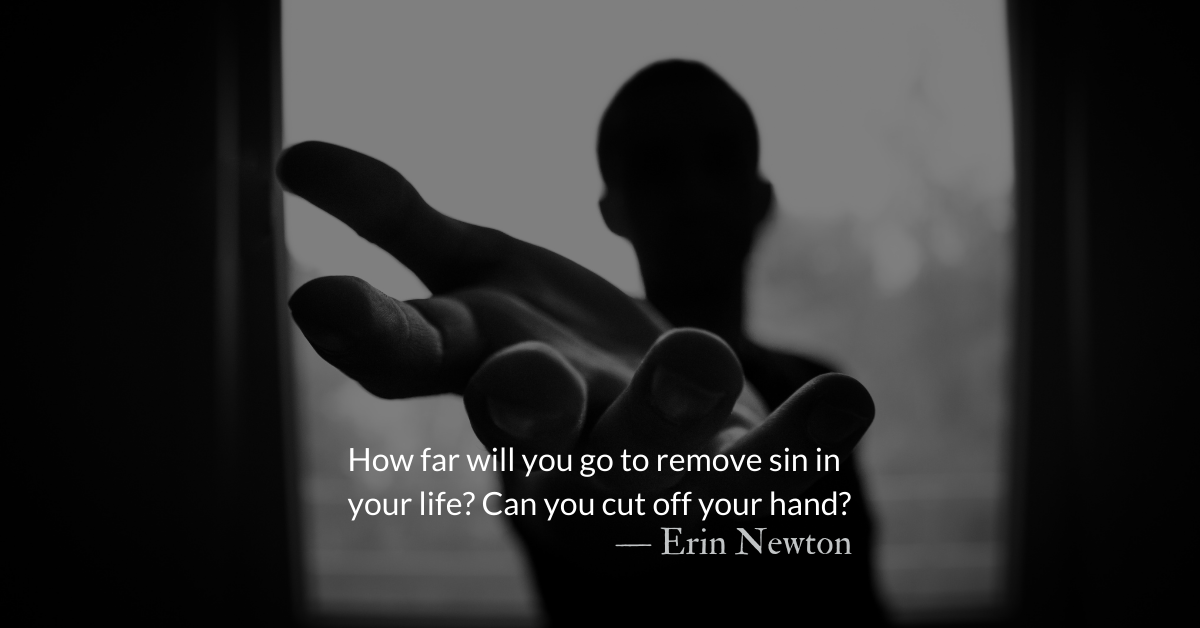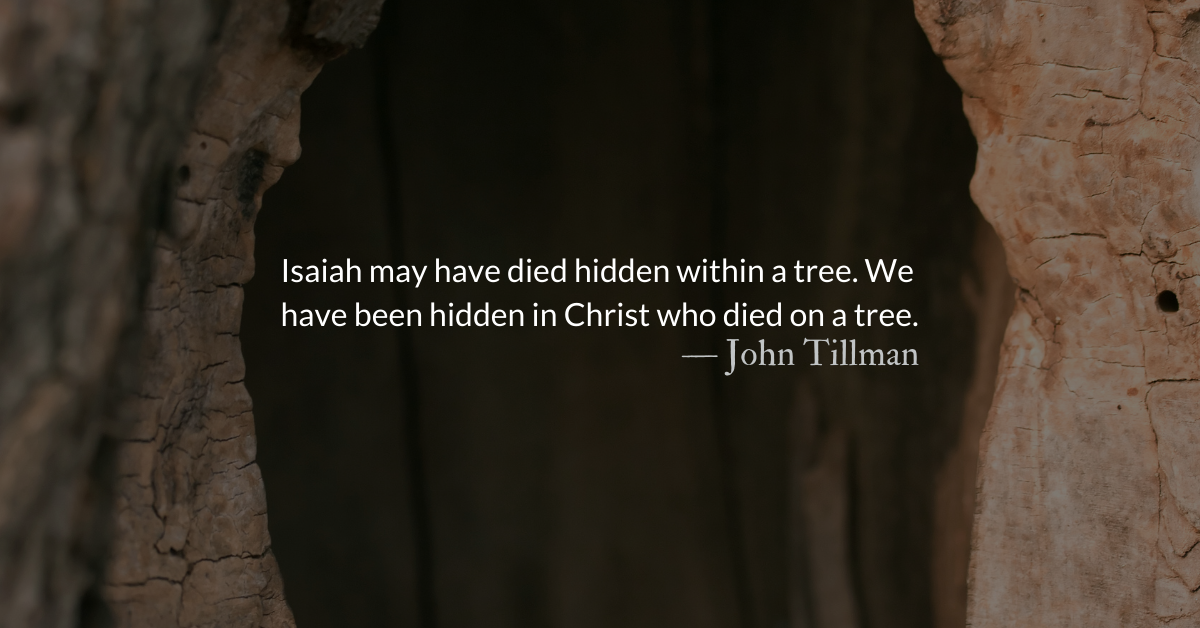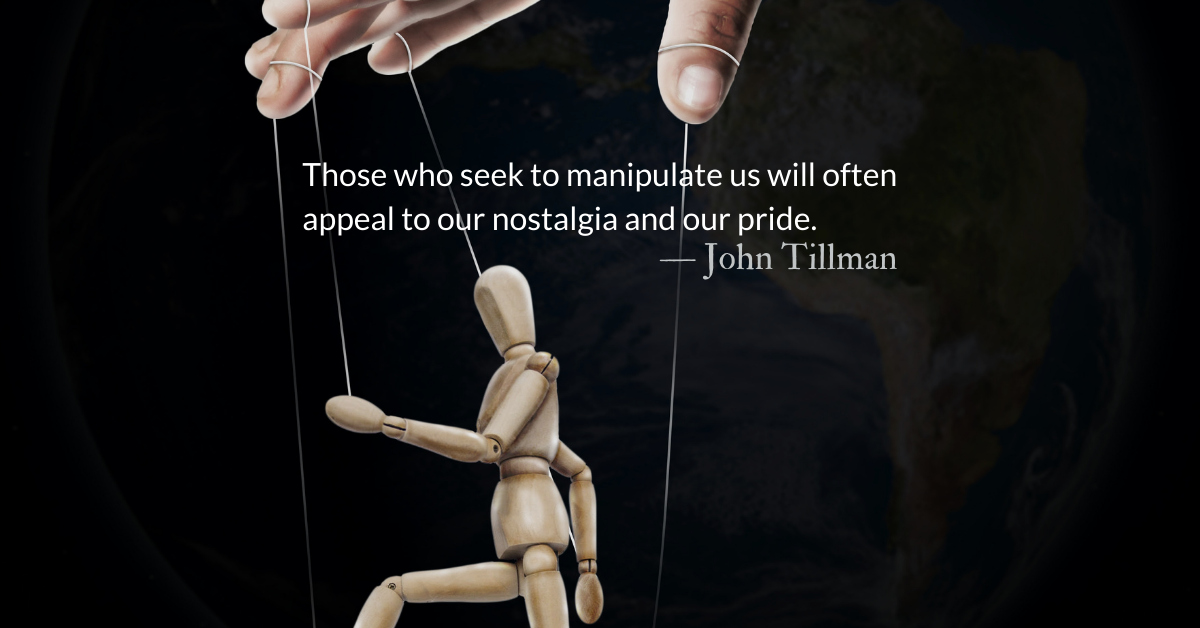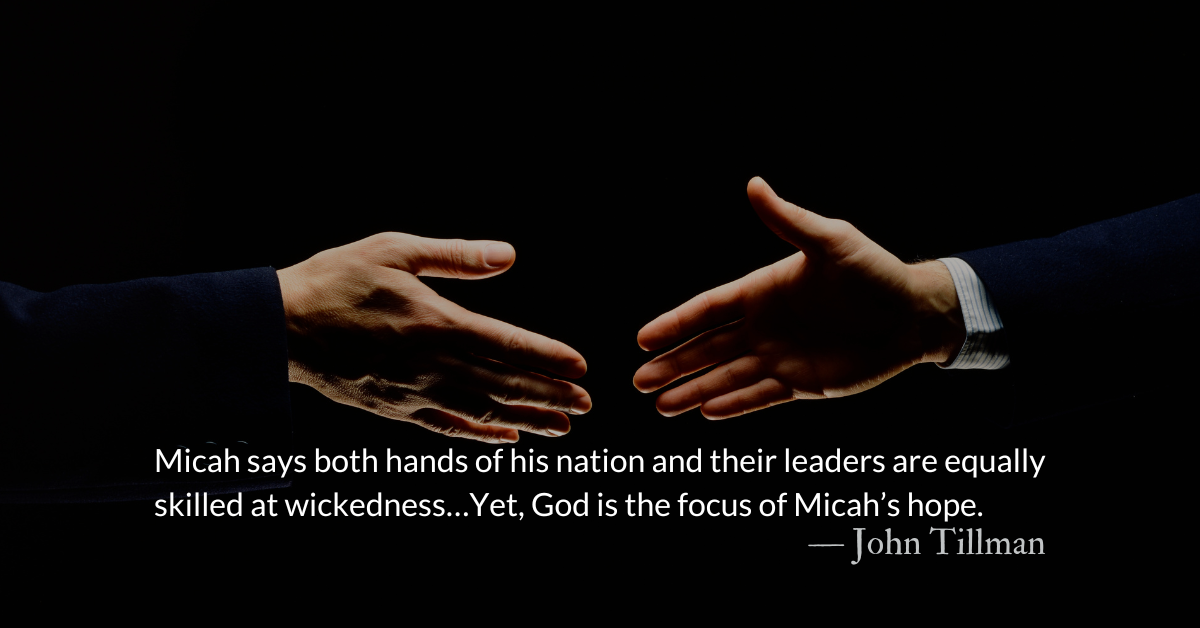Scripture Focus: 2 Kings 23.3
The king stood by the pillar and renewed the covenant in the presence of the Lord—to follow the Lord and keep his commands, statutes and decrees with all his heart and all his soul, thus confirming the words of the covenant written in this book. Then all the people pledged themselves to the covenant. (2 Kings 23.3)
Reflection: The Cost of Repentance
By Erin Newton
In the decade of being parents, disciplining our kids has been hard. Some punishments are too soft. Each kid responds differently. The message is missed. In all of our struggles to teach these little humans, we want them to understand the proper way of living before bad choices become unconscious habits.
As one of Judah’s most virtuous kings, the reign of Josiah is known for his religious reforms. Finally! The people had a leader who not only recognized sin but called it out, determined to live differently, and worked to get rid of it. The variety of statues, images, and structures destroyed reveals the wide-ranging idols the people worshipped. Their sin was not just in one area but in many. Fertility gods, gods of rain and weather, gods of the mysterious stars and planets, gods associated with death. The intensity of their sin can be seen in the vision given to one of the prophets (Ezekiel 8).
Removing these things was hard. It took time, incredible effort, and the cooperation of others. Can you imagine your way of life being uprooted? The Israelites were in error but they were comfortable in that state. Suddenly, change created a sense of uncertainty, shame, or fear. They began to let go of their idols. Instead of cultic prostitution and sexual gratification, they needed self-control. Instead of homes filled with shrines, their possessions were destroyed. Instead of working to produce idols or cultic objects, they had to start anew, doing work approved by God. It was good and right but equally difficult and hard.
Jesus knew the price that must be paid to truly repent and avoid sin. “And if your right hand causes you to stumble, cut it off and throw it away. It is better for you to lose one part of your body than for your whole body to go into hell” Matthew 5:30. I wonder how many one-handed people walked the streets of Israel during that time.
How far will you go to remove sin in your life? Can you cut off your hand? What does that look like today? Maybe it is confessing sin to a trusted, mature believer. Removing facets of technology to prevent further struggles with pornography, lust, greed, or jealousy. Setting boundaries with contentious believers to protect the fragility of peace. Whatever it may be, the cost is worth it.
Divine Hours Prayer: The Greeting
My lips will sing with joy when I play to you, and so will my soul, which you have redeemed. — Psalm 71.23
– From The Divine Hours: Prayers for Summertime by Phyllis Tickle.
Today’s Readings
2 Kings 23 (Listen – 7:43)
Hebrews 5 (Listen – 1:57)
Read more about Rumors or Repentance
When someone critiques you and calls you to repent, what will you do? Will you dismiss them with a rumor… with violence…or will you listen…?
Read more about A True Example of Repentance
Individuals, companies, leaders, and even industries wish…the benefits of repentance without the moral investment…the caché of repentance without the change it brings.











